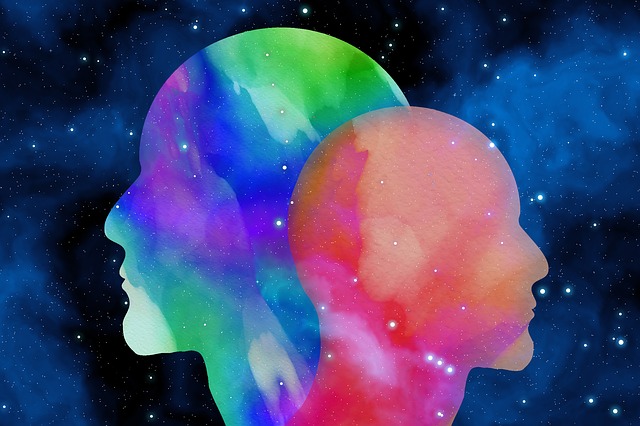Science is changing the way we view nature and reality, and with it must change the way we view humans and their development. For the longest time, psychology, which deals with the invisible part of being human, regards the behavior and mental processes of a person as no more than the product of his biological make up and his environment. In order for a person to be considered psychologically stable, he or she must display normative attitudes and behavior. Failure to do so is a concern, and could only be remedied through therapy, or medication.
In this journal article written by Manuel Almendro and Daniella Weber, they criticize the methods of traditional psychotherapy which attempts to reprogram a patient’s behavior and mind in order for them to conform to the rules set by a largely deterministic society. The problem with this kind of approach, according to Almendro and Weber, is that psychotherapists do not realize the important process that patients are undergoing. Utilizing the dissipative viewpoint, mental illnesses could represent an opportunity for an individual towards renewal or re-organization. Following the dissipative structures theory of Ilya Prigogine [see Who Is Ilya Prigogine? for a more exhaustive explanation of this theory], Almendro and Weber believes that mental illnesses are indicators of integral life processes that will lead to differentiation, individuality, and higher self-organization.
By following the life of a patient named Genis, Almendro and Weber shows us how new concepts related to the dissipative process like the emergent crisis, vortices, sensitivity, instability, and bifurcation could be utilized in psychotherapy. The article also shows how the psychotherapist can utilize the dissipative process in developing therapy or healing sessions which has permanent and lasting results.
Implications for AI
Mental health concerns are a growing concern worldwide. In the US, approximately 1 in 5 adults experience mental illness annually [data according to the National Alliance on Mental Illness]. Meanwhile, according to the Mental Health Foundation, as of 2016, 1 of 6 adults experience common mental health problems (anxiety and depression), and 1 in 5 adults considered taking their lives at some point. Mental illness is a concern, not just in one or two countries. It is happening all over the world, regardless of the social, economic, and political conditions individuals are subjected to.
Following Almendro and Weber’s discussions, the prevalence of mental health concerns today is an indicator of a major renewal and re-organization of our species. It is the human being trying to break away from the genetic and environmental factors that has shaped his or her life. It is the human being trying to find his or her place on earth, the human being trying to find the greater meaning of his or her existence. This is evolution happening in real time.
If we continue to hold on to the deterministic legacy of a science that has been debunked several times over [see How Quantum Physics Has Revealed And Addressed The Problems Of Materialistic Science], we will probably look at the existence of mental illnesses as a problem that needs to be resolved. Perhaps, new technologies will be developed, all aimed at “helping” the patient become “normal” again. But normal in this case means static equilibrium. It indicates no change. The purpose of the illness will be aborted, and no real healing will occur.
But if we consider the truth behind the dissipative process, and Almendro and Weber’s assertions, then the changes in psychotherapy will facilitate evolution, and will enable human beings to reach new heights.
Materialistic science says that we have discovered everything that we can about the human being, that we are now ready to take control of our own evolution. But evolution is still ongoing, and it is happening in a realm that is both visible and invisible. We see the impact of this evolution at least in the realm of mental health, but we have no idea how, and why it is happening. We cannot resolve it with materialist methods because in the first place, we don’t know enough about human consciousness where the experience of the mental illness resides.
What’s exciting here is that in dissipative processes, new, unpredictable forms emerge after the chaos peaks. What new form might emerge if humanity overcomes its collective mental struggle? Will we have the capacity to experience pure joy? Will we be gain the capacity for greater understanding of how the world is organized? Whatever the resulting form will be of the chaos a majority of us are experiencing, it will definitely be a greater capacity – one we have never thought to be possible.
Read Original Article

Read Online
Click the button below if you wish to read the article on the website where it was originally published.
